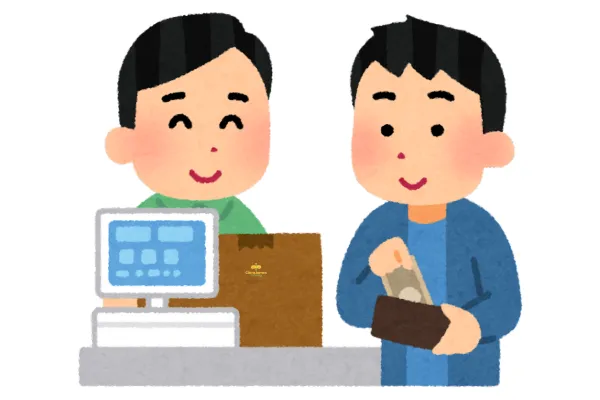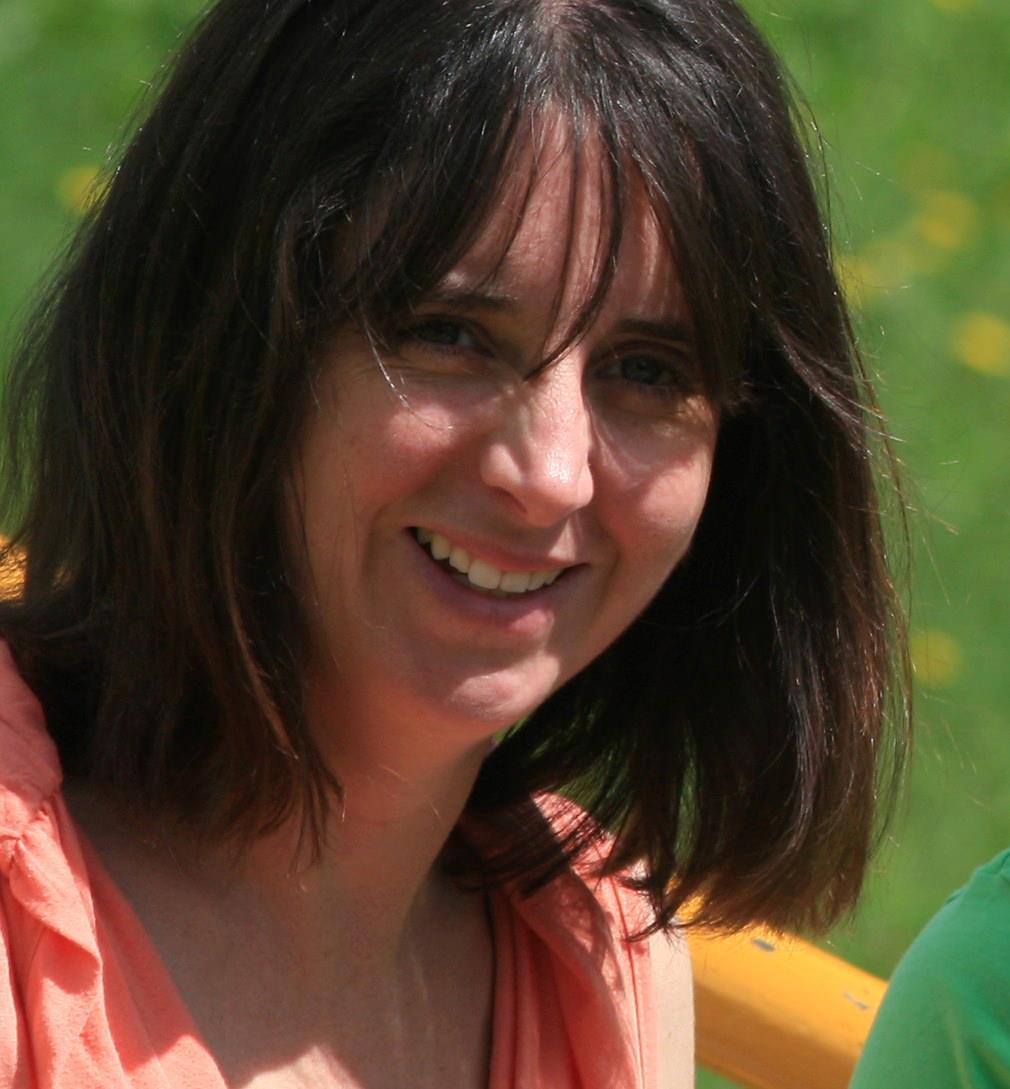
How do I pay for the lessons?
How you pay is optional. You can either pay directly into the bank each time we visit, or we can send you an invoice on or around the 24th of the month. We normally ask for it to be paid within 3 days unless you let us know that you will need to wait until a certain date when you get paid.
It’s earlier at Christmas, as I suspect very few people check their emails on Christmas Eve. With the invoice, we ask that it is paid within 3 days. If you will need longer, again, let us know and we can make a note rather than chasing you each month. Some people like to pay by cash when we visit, again, that is completely fine.
If you decide to pay for the lessons in advance, we will send you an initial invoice with the bank details, then at the end of each month send you a overview of how many you have used and how many you have remaining. You can then decide if you want to purchase your next set, or start paying at the higher rate after the lessons instead of in advance.
